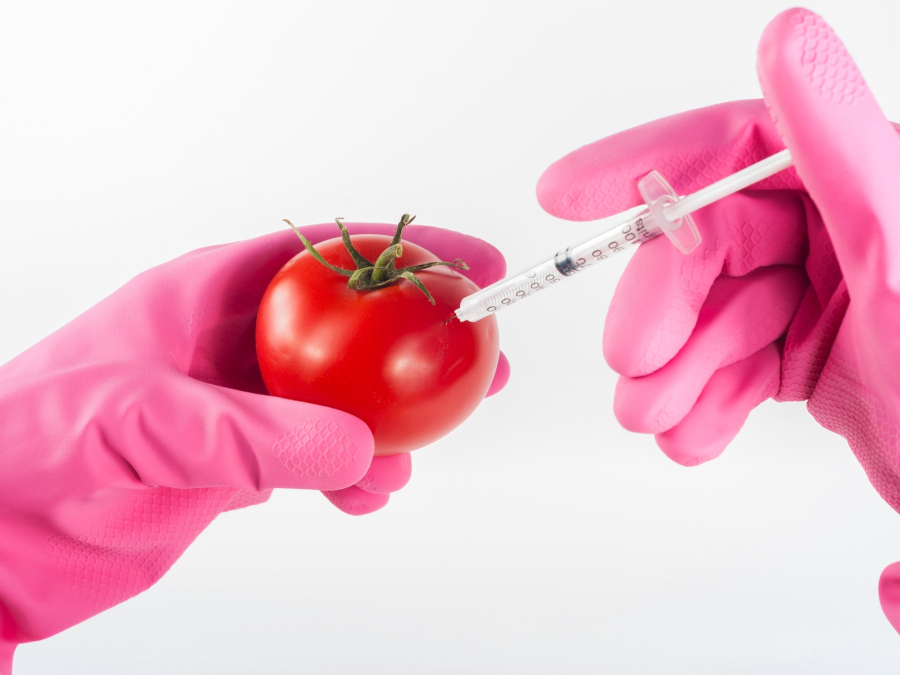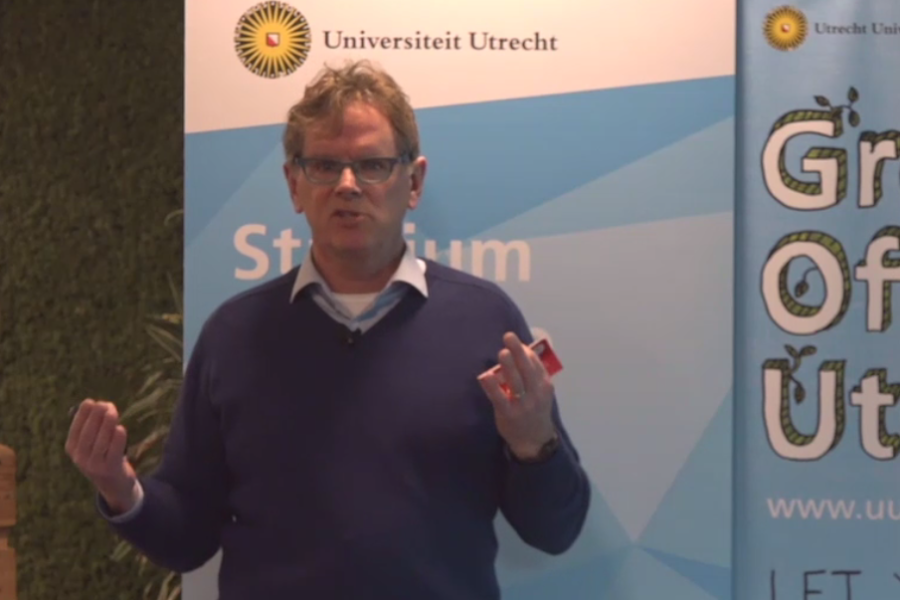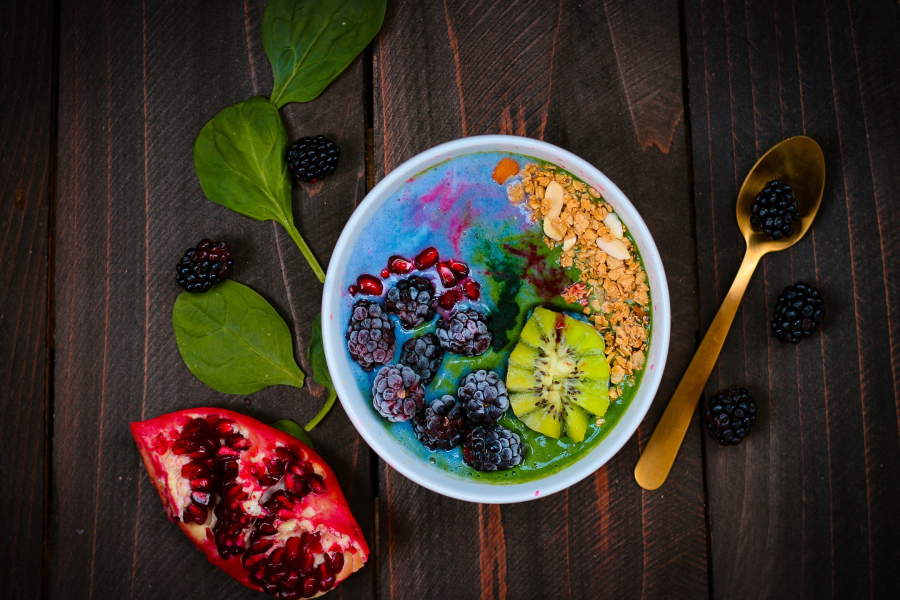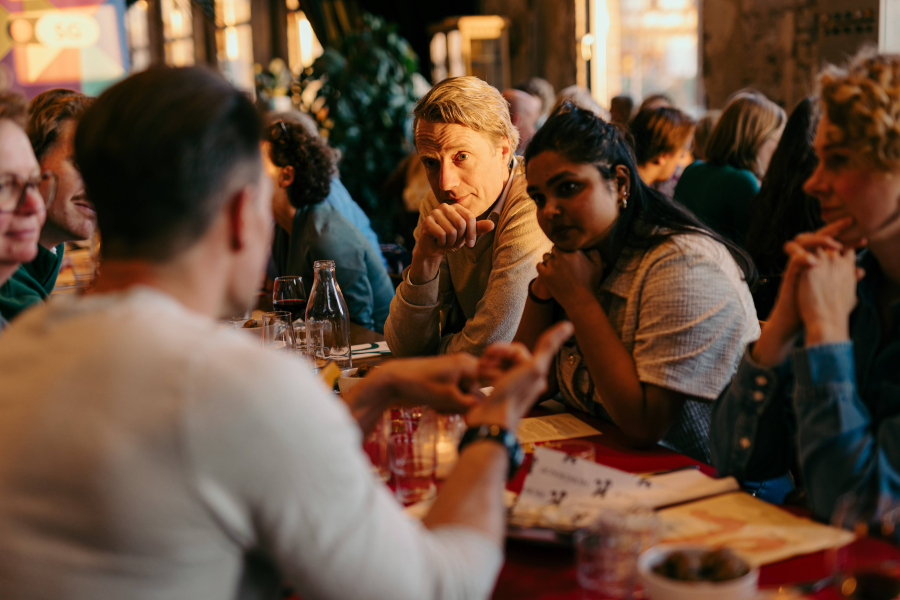Food hypes: why won't they go away?

Our relationship status with food is 'complicated'. We need to eat to stay alive, but when there is plenty available it's about so much more than survival. It's about identity. In the second lecture in the series Health &: Happiness nutrition scientist Prof Renger Witkamp discusses the question: why do we eat what we eat? Our food choices appear to be predominantly based on personal beliefs of what is healthy, influenced by the newest food hypes without a scientific basis. Witkamp: "what is healthy is not just physiology, it's also about sociology and communication."
The appeal of food hypes
'Tell me what you eat, and I'll tell you who you are.' Witkamp quotes gastronome Jean Anthelme Brillat-Savarin (1755-1826) to illustrate that the relationship between food and identity goes back hundreds of years. This idea still prevails today: health is presented as a personal choice. When you have to choose between being a fat guy munching burgers, or an athletic Instagram model sipping smoothies, the decision is quite simple. The celebrities that ride the wave of food hypes use this in their marketing. They convey a simple message 'drink these smoothies and you'll become healthy', but there' s also a subliminal one: 'if you follow my advice you'll be as thin and sexy as me'. Because of this powerful proposition, people prefer the dietary advice of Rens Kroes and rinse their mouth with coconut oil (so called oil pulling) above the advice of middle-aged nutrition scientist. The scientific version of dietary advice is often not as a sexy, but also not as clear-cut.
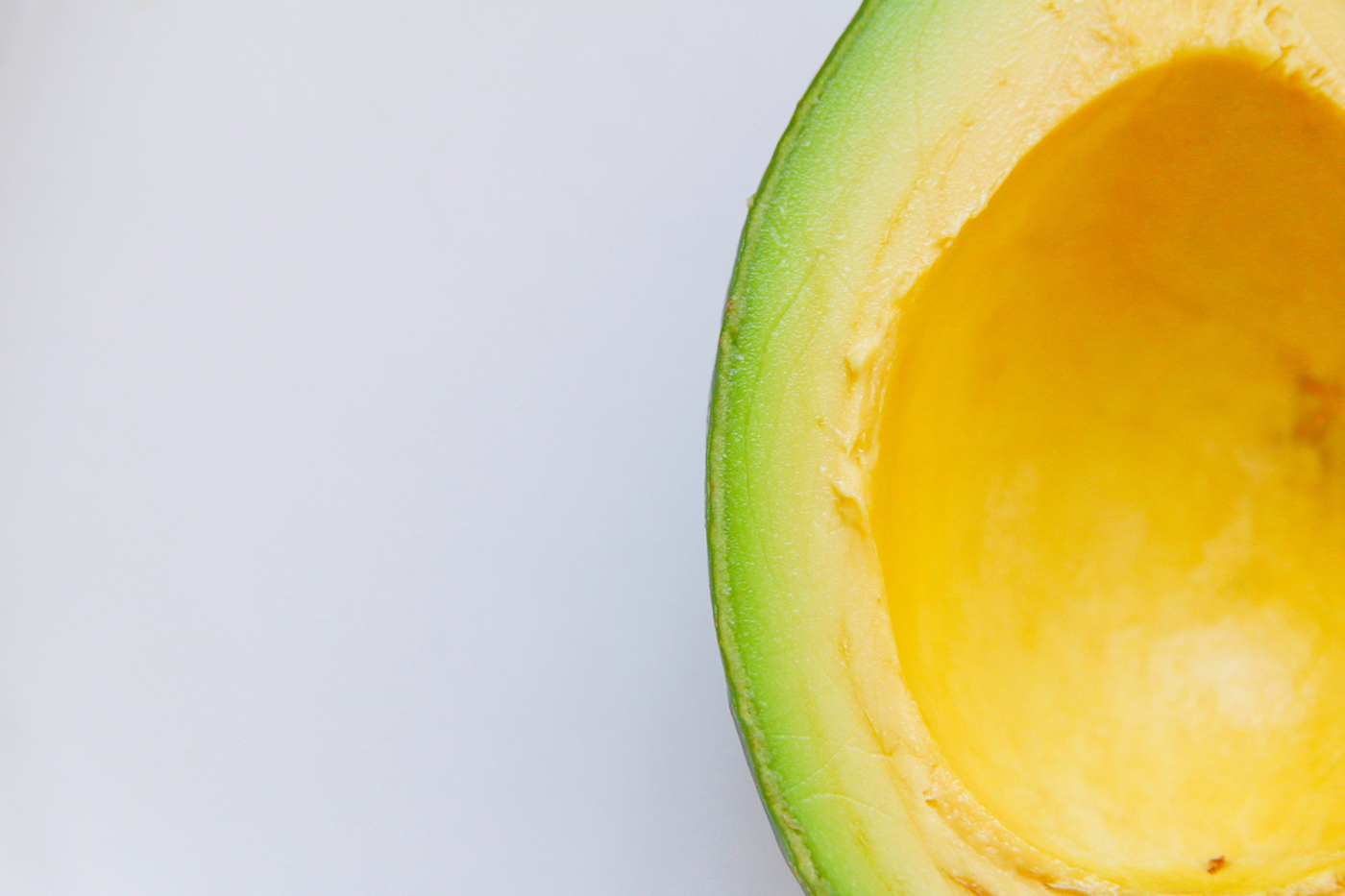
Be aware of the one-liners
Nutrition research is a difficult field of science because it is complicated to show the effects of a specific nutrient. For example: if you want to measure the health benefits of broccoli, how can you ensure that no other nutrients are interfering, or something in the environment is contributing to the effects? Witkamp: "Science is complex and nuanced. There is a lot we don't know. But uncertainty and negative messages don't appeal to the masses." So self-called experts fill the gaps of knowledge. Simple one-liners 'bread is bad!' or 'kale saves lives' are common on food blogs, which is catchier than a scientific finding.

How scientific 'facts' go viral
Witkamp takes a research paper from 2014 to illustrate how scientific facts get warped by the media. Researchers concluded that alginates, a colloidal substance from brown seaweed, at higher levels, could potentially aid in weight management. When media outlets caught on, that nuanced conclusion slowly transformed to headlines such as: 'seaweed could be the secret ingredient to losing weight' and 'seaweed on your sausages could keep weight down.' Not only does nuance get lost in media translation, some foods go viral because of a social context. Kale is the favorite superfood in the U.S., but not over here. Witkamp: "First of all superfoods don't exist. Yes, kale is healthy, but so is spinach or broccoli. And kale or boerenkoolin Dutch, is such a common staple in our country that it never became a hype".
So what can nutrition scientists do to get their message to the general public? "The key is education: science is evolving and dynamic, sometimes we just don't know. We shouldn't be afraid to show that," concludes Witkamp. Any last tips for healthy eating? He refers to a study on the common dominator between various diets: "food, not too much, mostly plants." Nothing sexy or catchy about that, but nonetheless scientific advice that everyone should take at heart.


